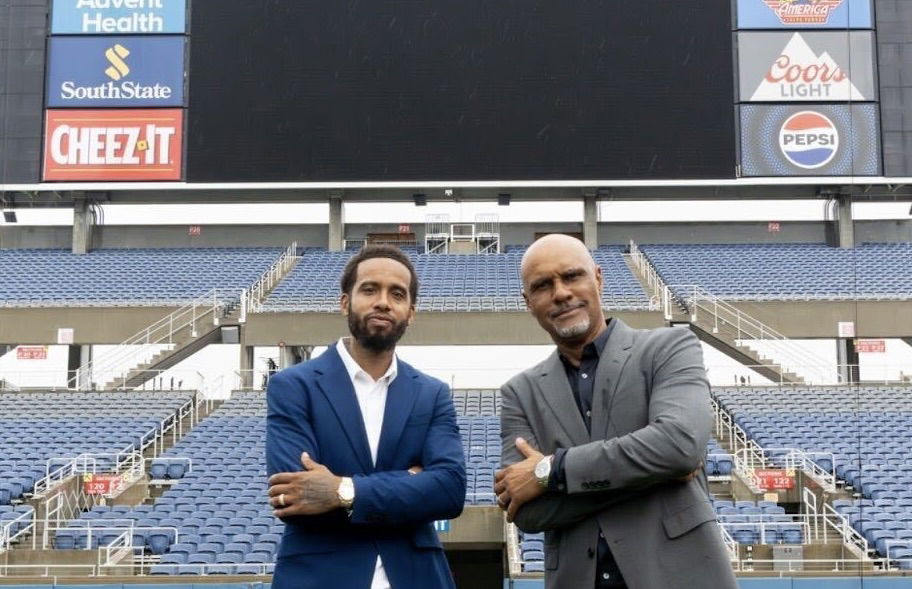Fight Over Texas Anti-Abortion Transport Reaches Biggest Battlegrounds
Two Texas jurisdictions will consider measures this week to outlaw the act of transporting another person along their roads for an abortion, part of a strategy by conservative activists to further restrict abortion.

*Originally Reported by Reuters
Oct 23 (Reuters) – Two Texas jurisdictions will consider measures this week to outlaw the act of transporting another person along their roads for an abortion, part of a strategy by conservative activists to further restrict abortion since the U.S. Supreme Court overturned Roe v. Wade.
Commissioners in Lubbock County are slated to vote on the proposal on Monday. A few hours north, the Amarillo City Council on Tuesday will weigh its own such law, which could lead to a future council or city-wide vote.
Lubbock and Amarillo are the biggest jurisdictions of the 10 places in Texas that have considered restrictions on abortion-related transportation since the June 2022 end of Roe, which had granted a nationwide right to abortion. Five cities and counties in the state have passed bans.
Lubbock and Amarillo are both traversed by major highways that connect Texas, which has one of the county’s most stringent abortion laws, to neighboring New Mexico, where abortion is legal.
Anti-abortion activists backing the proposals say they are meant to bolster Texas’ existing abortion ban, which allows private citizens to sue anyone who provides or “aids or abets” an abortion after six weeks of pregnancy.
Advocates of reproductive rights say the measures could deter people from seeking abortions or helping others get abortions, even though there is no clear way to enforce the bans. No violations have been reported in the five jurisdictions that have adopted them. Their reliance on citizen enforcement makes them difficult to challenge in court.
The greater impact of the ordinances so far appears to be how each side is using them to galvanize voters and pursue bigger political goals heading into an election year in which abortion remains a hot-button issue.
Both Sides Mobilizing
The campaign to ban abortion-related transit in Texas was started by Mark Lee Dickson, a Christian pastor who began pushing communities to outlaw abortion by declaring themselves “sanctuary cities for the unborn” in 2019.
Dickson travels widely to pitch his measures. He also mobilizes supporters to unseat local leaders who oppose the proposals, with the aim of electing officials who will also push other far-right policies.
He took that approach in Odessa’s city elections in 2022 after the council initially blocked one of his “sanctuary city for the unborn” proposals. Dickson responded by marshalling support for council candidates who pledged to approve it.
Once elected, the candidates he backed not only declared Odessa a “sanctuary city,” but also adopted the state’s first abortion transport ban and took other steps Dickson supported, such as rejecting state and federal COVID-19-related mandates.
“This isn’t over just when you address one issue,” Dickson said in an interview.
He plans to be at the meetings in Lubbock and Amarillo this week.
Lubbock County Commissioner Jason Corley said he was inspired to bring the transport ban to a vote on Monday after hearing Dickson promote it at Lubbock’s Constitutionalist Society. Corley, who has supported Dickson’s work for years, said he expected the measure to pass.
Not all backers of abortion restrictions support Dickson’s transport bans, however.
Amarillo Mayor Cole Stanley said he supported Dickson’s “sanctuary city” movement, but is concerned that the transport bans rely on civil enforcement and do not clarify what local authorities are expected to do, potentially entangling the city in investigations brought by private actors.
The debates over the transport bans are spurring new shows of support for abortion access.
In Lubbock County, Kimberleigh Gonzalez is organizing a local Facebook group of 1,100 reproductive rights supporters to show their opposition to the measure at Monday’s meeting.
The group formed after Lubbock voters approved a “sanctuary city” ordinance backed by Dickson in May 2021. Each new attack on reproductive rights “brings us together a little more tightly,” Gonzalez said.
“Since 2021, I know a lot of people personally that are involved that weren’t before, and it just continues to grow and strengthen,” she said.
Abortion rights supporters, including four abortion funds in Texas, said they expected the transport bans to backfire on the anti-abortion movement by galvanizing political participation from abortion rights advocates in the lead-up to next year’s presidential election.
“We’re going to make sure that there are political and electoral consequences for this,” said Rachel O’Leary Carmona, executive director of the Women’s March activist organization.









![TV Trailer: ‘Real Housewives of Atlanta’ [Season 16 Finale]](https://150893825.v2.pressablecdn.com/wp-content/uploads/2025/06/rhoa-season-16-finale-tgj-scaled.jpg)


